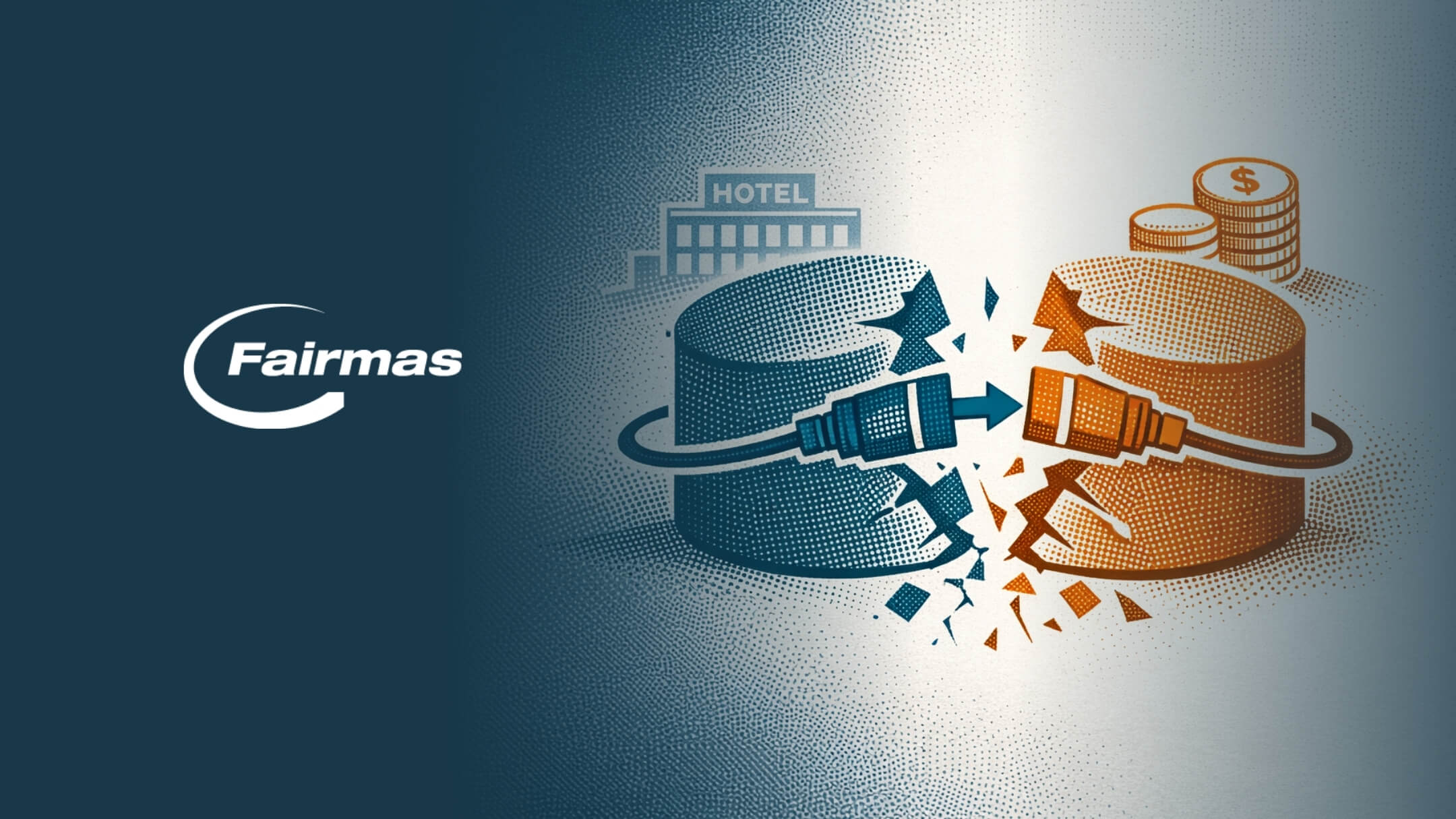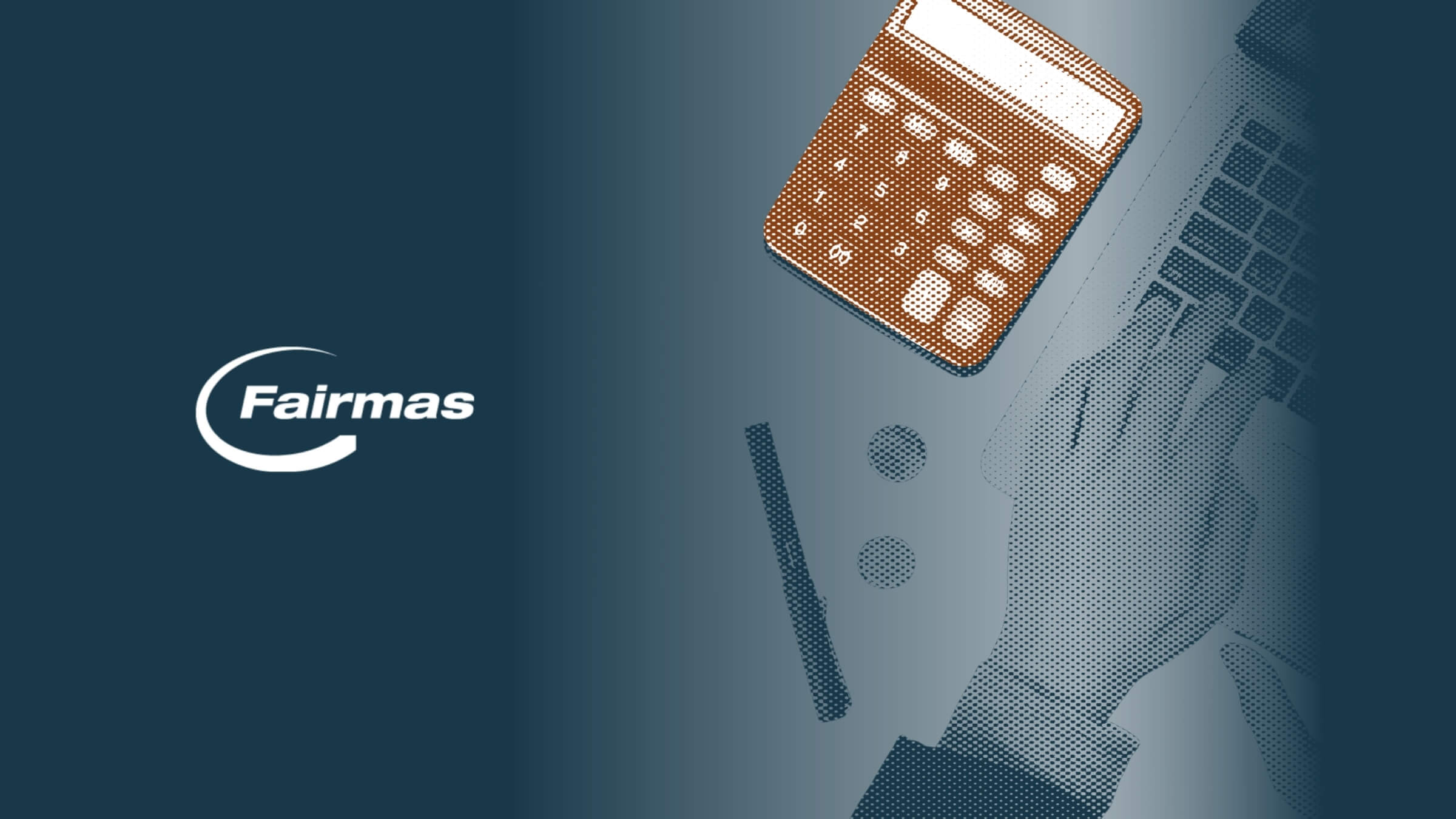Disclaimer: This guest article is contributed by our partner Hotellistat and reflects their perspective on identifying hidden areas of revenue loss in hotel operations. Fairmas partners with a broad range of RMS and technology providers to support the hospitality industry in achieving stronger financial performance.
In the fast-paced world of hospitality, revenue management is key to business success. But while the focus is often on daily, reactive price optimization, unseen “hidden gems” are left untapped. It is precisely this often-overlooked potential that can make a significant difference in profitability. This article highlights where these lost revenues lie and how modern revenue management systems (RMS) can help to uncover them.
The power of proactive pricing: When demand suddenly skyrockets
The approach “same time last year”, i.e., the analysis of historical data, has long dominated revenue management. Initially, this was done manually and later on with the help of software, which still largely relies on algorithms today. However, the reality has changed. A modern RMS must not only respond to the past, but also look ahead to the future through the use of true artificial intelligence, as this can analyze thousands of factors through targeted machine learning and incorporate them into pricing.
If, for example, a Taylor Swift concert is suddenly announced, a system that relies solely on historical data will not recognize this massive increase in demand. For many revenue managers, this means keeping a constant eye on the market and its events in order to adjust prices manually as quickly as possible.
In contrast, a modern RMS integrates real-time data and external factors into its AI. For example, it analyzes Google search trends, social media signals, and event calendars to respond immediately to higher demand and adjust rates accordingly. This ensures that valuable revenue is not lost to online travel agencies (OTAs) or missed opportunities.
Utilizing unpredictable factors: The role of weather
The weather has a direct impact on demand for many types of accommodation.
However, this is a factor that many traditional revenue management systems ignore. An RMS with true artificial intelligence can integrate weather data into its calculations and forecasts. While a conference hotel is less affected by this, the weather forecast has a direct impact on the booking situation in leisure hotels or campsites.
Bad weather can lead to an increase in spa bookings or reservations in in-house restaurants, for example. Good weather, on the other hand, can increase demand for outdoor activities, which in turn should be reflected in room rates.
Beyond the room rate: group and MICE quotations
Calculating group and MICE requests is complex and often creates a challenge for hoteliers. It’s not just a matter of setting a flat rate for rooms. A profitable quote has to consider a range of factors:
- Current and projected demand during the same period
- The impact of the group on room allotments
- Additional revenue from F&B, MICE, or other services
Therefore, a good RMS should be able to perform a precise displacement analysis. The Hotellistat all-in-one system, for example, evaluates whether the potential revenue from a group outweighs the loss of possible individual bookings. This prevents a group booking that appears lucrative from actually reducing overall revenue.
Conclusion: If an RMS can be used to perform group and event quotations, it can not only save a lot of time, but also optimize revenue and profits.
The gold mine of ancillary revenue
Today’s revenue manager simply has to think beyond the room rate. Many hotels overlook the opportunity to dynamically price ancillary services. Ancillary revenue is an often-neglected area with enormous potential.
Let’s have a look at parking fees as an example. Why should the parking price at a business hotel be the same on the weekend as during a busy trade show? An intelligent pricing strategy for parking, breakfast, spa treatments, or even late check-outs can vary depending on occupancy and demand. Factors such as the weather come into play here again. Dynamic pricing can also increase sales in the food and beverage sector, for example by offering a small discount or an extra goodie for table reservations during off-peak times. This optimizes every single euro.
Summary
Maximizing revenue in revenue management today means more than just looking at past booking figures and making manual adjustments. The real hidden gems lie in the intelligent use of real-time data, dynamic pricing of additional services, and a holistic view of each guest.
Those who are prepared to unlock these hidden treasures can secure a significant competitive advantage and increase their hotel’s revenue in the long term.
The partnership between Hotellistat and Fairmas further strengthens this holistic approach, helping mutual customers make better data-driven decisions by combining detailed revenue insights with robust financial controlling.
Discover more about Hotellistat’s revenue management technology and how it supports smarter, more profitable hotel operations.
Are you curious and want to uncover your hidden gems with an experienced revenue team? Visit www.hotellistat.com to learn more about holistic and future-oriented revenue management.
Hotellistat is the all-in-one revenue management system. Developed by hoteliers in Munich, it not only saves valuable time in everyday life, but also maximizes profits. In addition to an integrated reputation management tool, it offers real AI for precise pricing, its own rate shopper, and comprehensive business intelligence. The system transparently displays the five biggest influencing factors from more than 1,000 analyzed data points — making revenue management measurable and clear. Visit www.hotellistat.com to explore the details.



